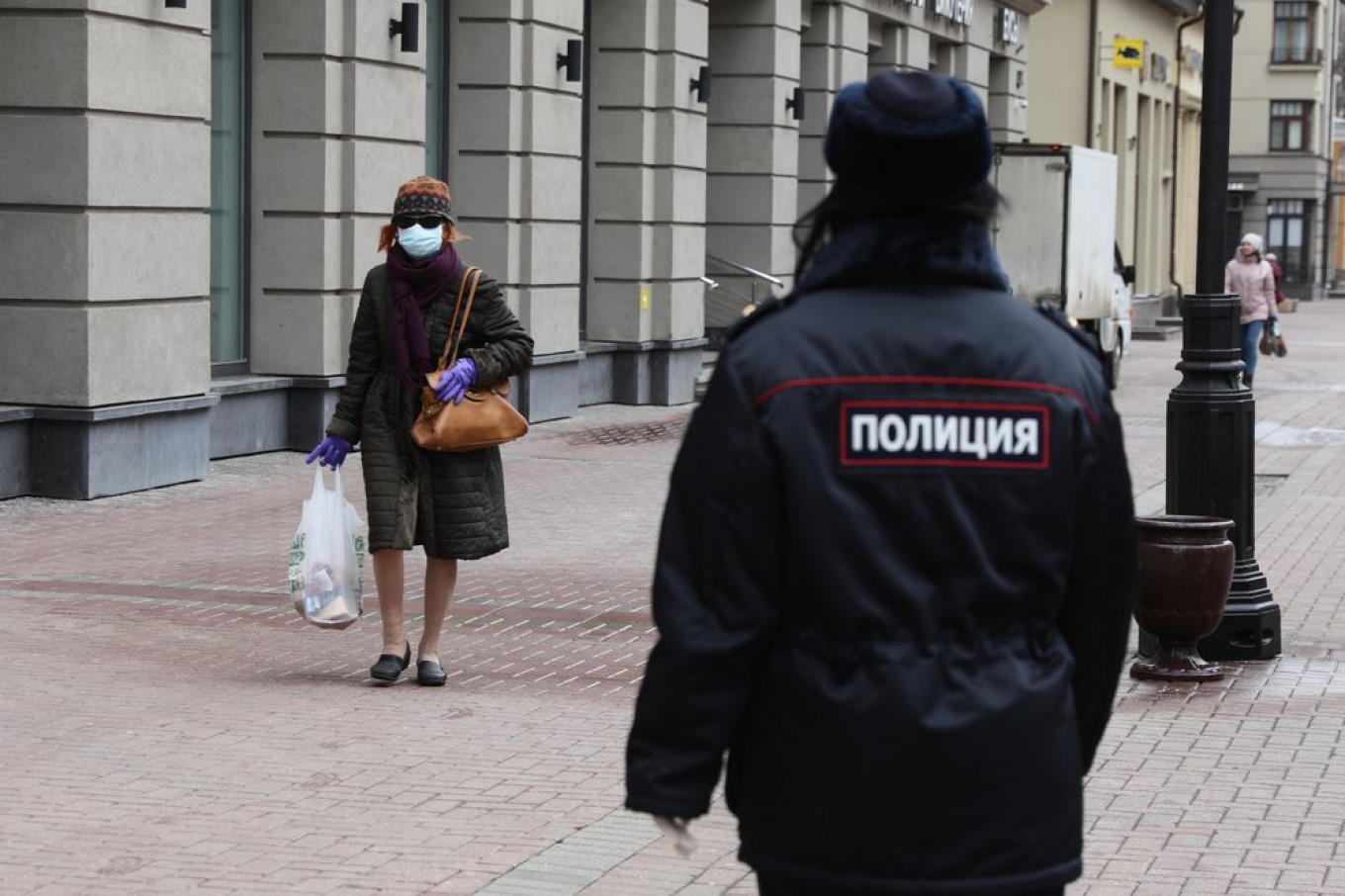
Moscow will not enforce its coronavirus quarantine with scannable QR codes, Mayor Sergei Sobyanin announced Thursday, leaving room for a reversal if residents stop following self-isolation orders during the pandemic.
Sobyanin extended citywide lockdown measures until May 1 immediately after President Vladimir Putin announced a month-long extension of the nationwide paid “non-working” period to encourage self-isolation. Moscow’s IT chief said this week that QR codes would start working as soon as city authorities pass a relevant legal act.
“There’s no need to impose a pass system for moving around the city yet,” Sobyanin said on his website.
“We’ll return to this issue if the epidemiological situation worsens or if stay-home regime violations increase. I really hope that neither will happen,” he said.
Moscow City Hall added that police could stop car owners, who will be required to show their identification documents and disclose the purpose of their trip.
Under Moscow’s stay-at-home order, its 12 million residents are only allowed to go outside for trips to the grocery store or pharmacy, to take out the trash, to walk their pets or to seek emergency medical care.
Violators will be subject to fines of up to 5,000 rubles ($63), according to a city ordinance Sobyanin signed this week. A federal law signed by Putin punishes quarantine violators by up to seven years in jail if the violation leads to multiple deaths.
The mayor also announced that “modern technology” will monitor self-isolation among infected coronavirus patients being treated at home. Moscow’s IT chief, Eduard Lysenko, said Wednesday that the technology takes the form of a smartphone app.
Speaking in a televised address Thursday, Putin delegated authority to regional leaders, citing the varying coronavirus infection rates across the country. Moscow bears the brunt of Russia’s 4,149 coronavirus cases with 2,923 infections and 20 out of 34 deaths.
The Nizhny Novgorod region, some 400 kilometers east of Moscow, on Thursday introduced QR codes to allow residents to leave their homes during its lockdown. The nearby republic of Tatarstan introduced a text-messaging pass system.
